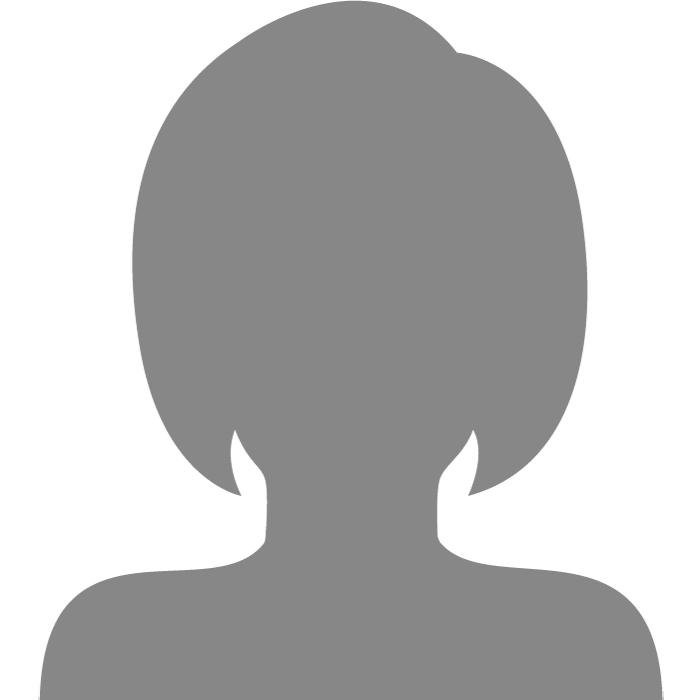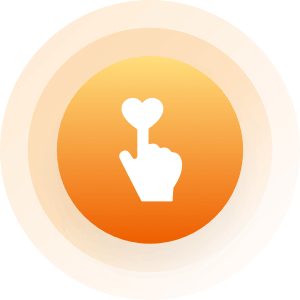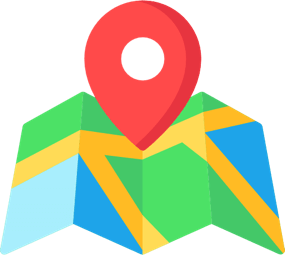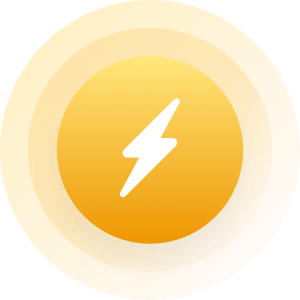| Topic: Everything You didn't Want To Know About The Word "EH" | |
|---|---|
|
OK, so JUST in case you ever wondered (or even didn't wonder) why us Canadians say "EH" all the time, here it you go.
The only usage of eh? that is exclusive to Canada, according to the Canadian Oxford Dictionary, is for "ascertaining the comprehension, continued interest, agreement, etc., of the person or persons addressed" as in, "It's four kilometers away, eh, so I have to go by bike." Similarly, "It's nine-o'clock, eh?" means "You do know that it's nine o'clock? You are aware that it's nine-o'clock?". This phrase can also be taken as a direction question, such as "It's nine-o'clock, right?" In that case, eh? is used to confirm the attention of the listener and to invite a supportive noise such as "Mm" or "Oh" or "Okay". It essentially is an interjection meaning, "I'm checking to see you're listening so I can continue." "Eh" can also be added to the end of a declarative sentence to turn it into a question. For example: "The weather is nice." becomes "The weather is nice, eh?" This same phrase could also be taken as "The weather is nice, don't you agree?". Depending on the speaker's tone or the dialectal standard, eh can also be perceived as rude or impolite, as "Repeat that!", and not a request. Further examples of Canadian usage include: "I know, eh?" (Agreement), "Yeah, eh?" (Agreement; tone of voice changes meaning slightly). "I know. Eh!" (Pause between 'know' and 'eh' and emphasis 'eh'. This is an excited agreement.) Although technically questions, these are also said as statements. The usage of "eh" in Canada is often mocked in the United States, where some view its use as a stereotypical Canadianism. Many Canadians dispute its use (for example, singer Don Freed in his song "Saskatchewan" declares "What is this 'Eh?' nonsense? I wouldn't speak like that if I were paid to."). There are many merchandise items on the market today that use this phrase, such as t-shirts and coffee mugs. |
|
|
|
|
|
Eh

|
|
|
|
|
|
Edited by
whispertoascream
on
Fri 08/15/08 01:50 PM
|
|
|
Just thought, that I would throw out some totally useless information eh.

|
|
|
|
|
|
Cute topic, eh?

|
|
|
|
|
|
I will get everybody say "eh" yet, eh.

|
|
|
|
|
|
eh. its a fun word to get a circulatig eh?
|
|
|
|
|
|
things that make you go eh? :)
|
|
|
|
|
|
Beauty eh....take off you hosers
  
|
|
|
|
|
|
EH is just not apple anymore.

|
|
|
|
|
|
whisper........youre getting a little obsessed with our canadianism arent you!!!
    
|
|
|
|
|
|
Just
Say CANADA!!!  
|
|
|
|
|
|
Just Say CANADA!!!  
It is the ONLY word that they need to know! |
|
|
|
|
|
that and BEAVER!!!

|
|
|
|
|
|
OK, so JUST in case you ever wondered (or even didn't wonder) why us Canadians say "EH" all the time, here it you go. The only usage of eh? that is exclusive to Canada, according to the Canadian Oxford Dictionary, is for "ascertaining the comprehension, continued interest, agreement, etc., of the person or persons addressed" as in, "It's four kilometers away, eh, so I have to go by bike." Similarly, "It's nine-o'clock, eh?" means "You do know that it's nine o'clock? You are aware that it's nine-o'clock?". This phrase can also be taken as a direction question, such as "It's nine-o'clock, right?" In that case, eh? is used to confirm the attention of the listener and to invite a supportive noise such as "Mm" or "Oh" or "Okay". It essentially is an interjection meaning, "I'm checking to see you're listening so I can continue." "Eh" can also be added to the end of a declarative sentence to turn it into a question. For example: "The weather is nice." becomes "The weather is nice, eh?" This same phrase could also be taken as "The weather is nice, don't you agree?". Depending on the speaker's tone or the dialectal standard, eh can also be perceived as rude or impolite, as "Repeat that!", and not a request. Further examples of Canadian usage include: "I know, eh?" (Agreement), "Yeah, eh?" (Agreement; tone of voice changes meaning slightly). "I know. Eh!" (Pause between 'know' and 'eh' and emphasis 'eh'. This is an excited agreement.) Although technically questions, these are also said as statements. The usage of "eh" in Canada is often mocked in the United States, where some view its use as a stereotypical Canadianism. Many Canadians dispute its use (for example, singer Don Freed in his song "Saskatchewan" declares "What is this 'Eh?' nonsense? I wouldn't speak like that if I were paid to."). There are many merchandise items on the market today that use this phrase, such as t-shirts and coffee mugs. How about a history of the word "hoser"? Or one on "spoofter"? |
|
|
|
|











